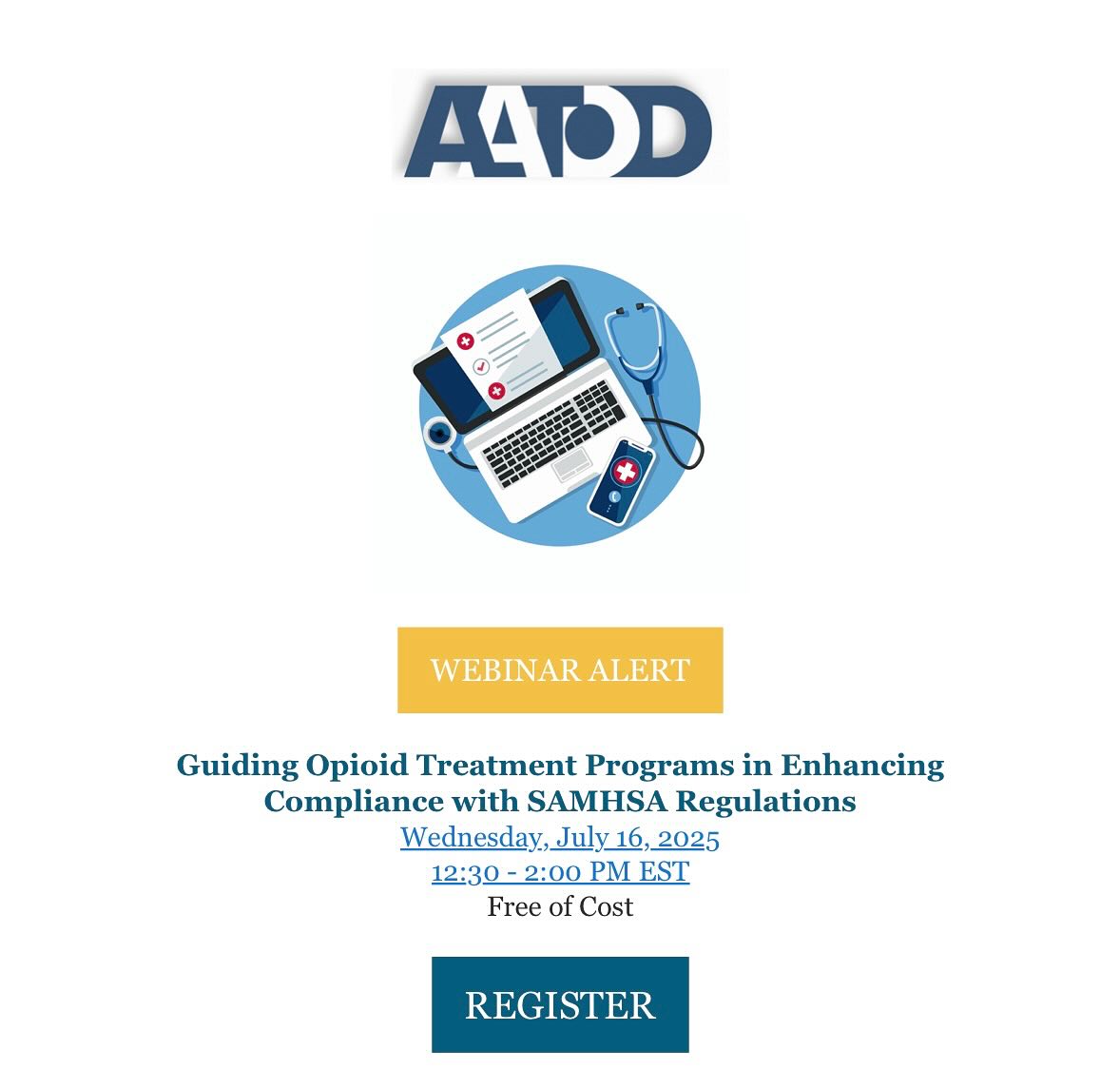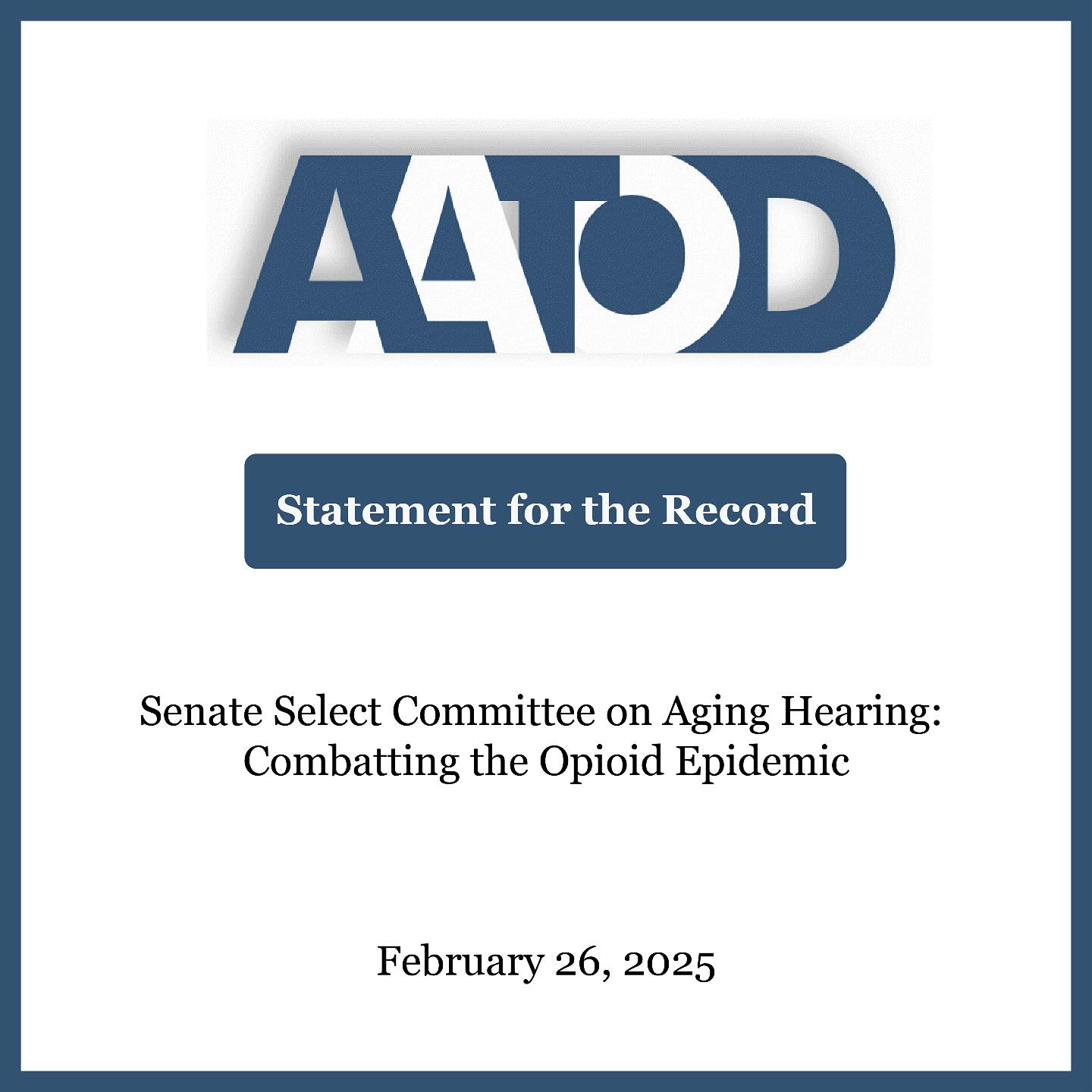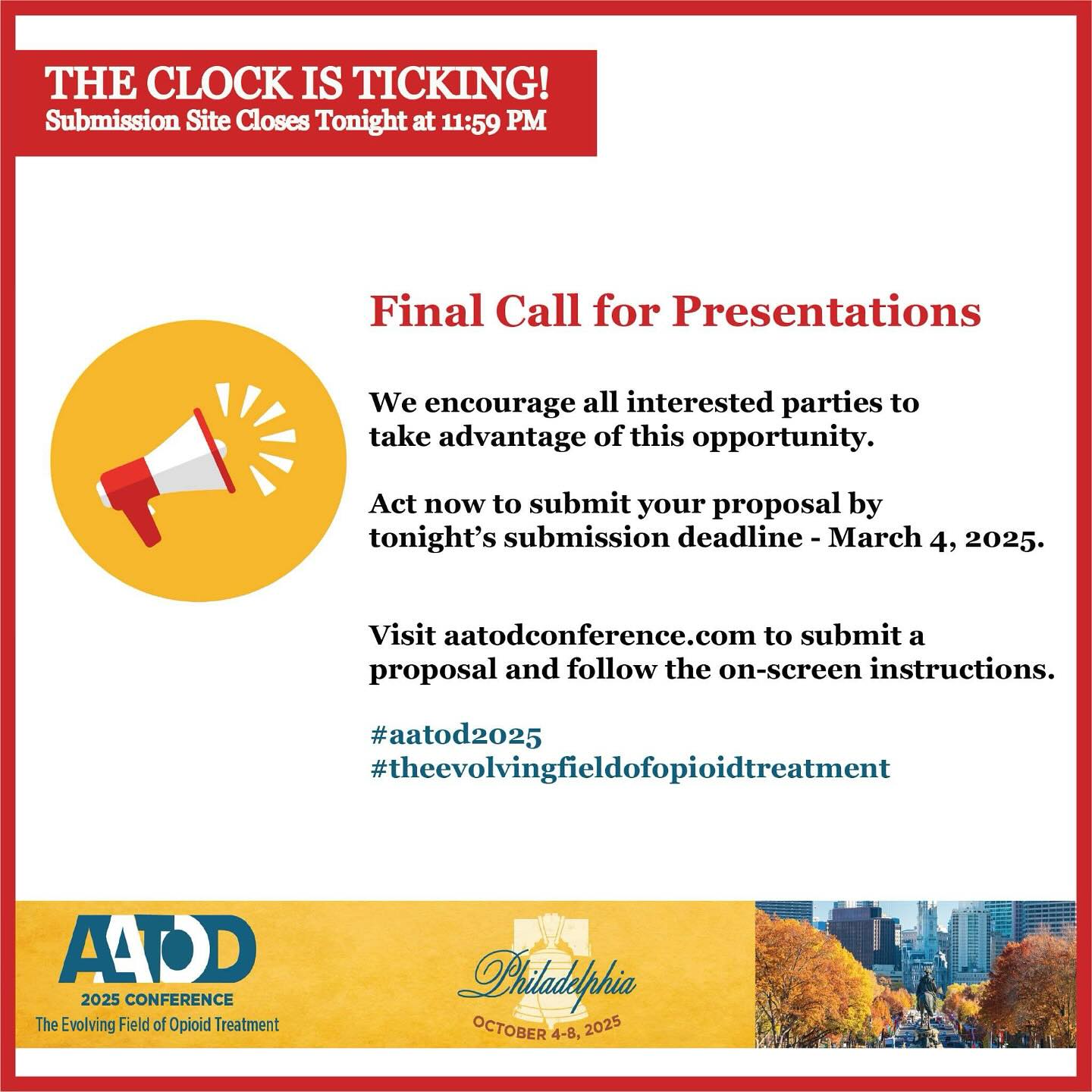Pre-Conference Speaker(s)
-
.jpg)
G. Davy Kneessy, MS, MAC, MCAP, LMHC
Conference Chair and Regional Director
Central Florida Treatment Centers
With funding from the National Institute on Drug Abuse (NIDA), Cynthia Moreno Tuohy worked with Danya International to conceptualize, develop, and evaluate a multi-component, multi-media tool for use by substance use, mental health and health professionals to help adults, youth and families improve their conflict resolution knowledge, attitudes and skills. The CRR Program is versatile in its components as it can be used in part or in whole, and the modules can be moved around to meet the needs of the clinician or the program. The Facilitator Manual is sectioned in 12 components that can also be used in whole or parted out for use. Lecture notes handouts, tools, power points and a participant workbook is available for easy use by the clinician/instructor. The training is an intensive set of psycho-emotional-social-spiritual Cogitative Behavioral Therapy (CBT) treatments that, if followed, will result in a lifestyle change in the brain. This program will affect a “self and other” assessment of conflict style with a communication style, with the goal of behavior changes that are instilled in the brain. Some treatment sessions are based in brain research and CBT treatments that have been effective for anger, trauma, impulse control and relapse-triggering issues. Other techniques are employed that unify the principles of social learning and emotional intelligence theory that mark this program as different from “anger management” programs. This program affects behavioral learning with emotional development and maturity that results in long-term changes in the brain and behavior.
This session is not eligible for continuing medical education credits.
Learning Objectives:
- Identify at least 5 words, phrases and behaviors in the limbic area of the brain and how that hampers health and recovery.
- Identify at least 5 words, phrases and behaviors in the cortex area of the brain and how that enhances health and recovery.
- Identify the 5 stages that relationships tend to traverse through in romantic relationships. (Honeymoon, Disillusion, Misery, Awaking, Peace/Calm).































